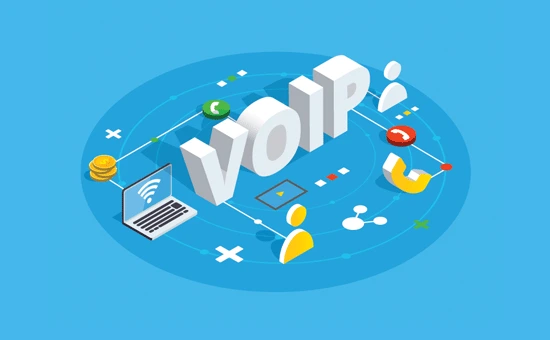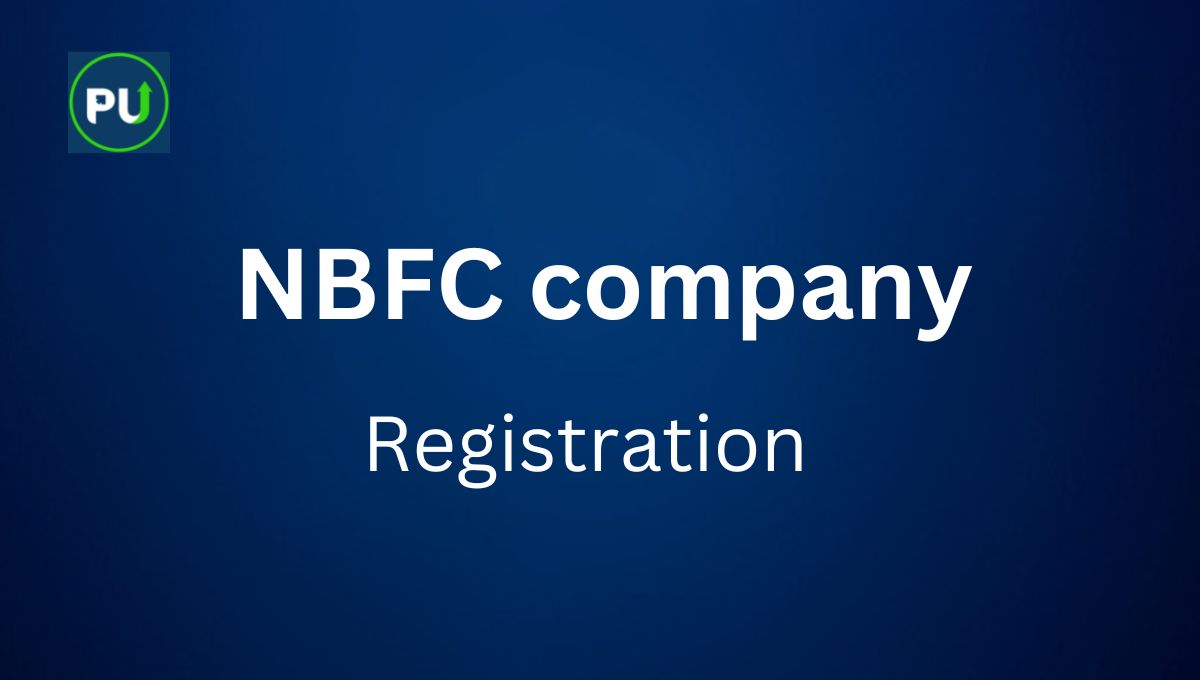In today’s digital age, the landscape of marketing has dramatically transformed. The traditional methods that once dominated the industry are now complemented and often overshadowed by Internet marketing. This evolution has been driven by the rapid advancement of technology and the ubiquitous internet presence in our daily lives. In this blog, we will explore the critical role of Internet marketing in modern marketing, its various facets, and the benefits it offers to businesses.
Understanding Internet Marketing
Internet marketing, also known as online marketing or digital marketing, refers to promoting products or services using the internet. It encompasses a wide range of strategies and techniques to reach and engage a target audience. From social media and email marketing to search engine optimization (SEO) and content marketing, internet marketing offers diverse tools for businesses to connect with consumers in a more personalized and interactive manner.
The Evolution of Marketing
The evolution from traditional to internet marketing has been significant. Traditional marketing methods, such as print advertisements, television commercials, and billboards, have been supplemented by online strategies that offer greater precision and reach. The shift to Internet marketing has allowed businesses to leverage data and analytics to tailor their campaigns more effectively, providing a more personalized customer experience.
Key Components of Internet Marketing
- Search Engine Optimisation (SEO): SEO is the practice of optimizing a website to rank higher in search engine results pages (SERPs). By improving their online visibility, businesses can attract more organic traffic to their websites, increasing the chances of converting visitors into customers.
- Content Marketing: This involves creating and distributing valuable, relevant, and consistent content to attract and retain a clearly defined audience. Content marketing helps establish brand authority, foster customer relationships, and drive traffic to a website.
- Social Media Marketing: Social media platforms like Facebook, Twitter, Instagram, and LinkedIn provide businesses with powerful tools to engage with their audience. Through targeted advertisements and organic posts, companies can build brand awareness, drive traffic, and generate leads.
- Email Marketing: Email marketing remains one of the most effective ways to reach customers directly. By sending personalized and targeted messages, businesses can nurture leads, promote products, and build long-term customer relationships.
- Pay-Per-Click (PPC) Advertising: PPC advertising allows businesses to display ads on search engines and other online platforms, paying only when a user clicks on the ad. This method offers precise targeting options, ensuring that ads reach the most relevant audience.
The Benefits of Internet Marketing
- Cost-Effectiveness: Compared to traditional marketing methods, internet marketing is often more affordable. Businesses can reach a larger audience with a smaller budget, making it an attractive option for companies of all sizes.
- Measurable Results: One of the standout advantages of Internet marketing is the ability to track and measure results in real-time. Analytics tools provide insights into campaign performance, allowing businesses to make data-driven decisions and optimize their strategies.
- Enhanced Targeting: Internet marketing enables precise targeting based on demographics, interests, and behavior. This ensures that marketing efforts are focused on the most relevant audience, increasing the likelihood of conversions.
- Global Reach: The internet has no geographical boundaries, allowing businesses to reach a global audience. This opens up new markets and opportunities that were previously inaccessible through traditional marketing methods.
- Personalization: Internet marketing allows for a high degree of personalization. Businesses can tailor their messages and offers to individual customers, creating a more engaging and relevant experience.
- Increased Engagement: Online platforms facilitate two-way communication between businesses and consumers. This interaction builds trust, fosters loyalty, and provides valuable feedback that can be used to improve products and services.
The Future of Internet Marketing
As technology continues to advance, the role of Internet marketing in modern marketing will only grow. Emerging trends such as artificial intelligence, voice search, and virtual reality are set to reshape the digital landscape, offering even more opportunities for businesses to connect with their audience. Staying ahead of these trends and continuously adapting to the changing environment will be crucial for businesses aiming to maintain a competitive edge.
Conclusion
The role of Internet marketing in modern marketing is undeniable. It offers businesses a versatile and powerful set of tools to reach and engage their target audience effectively. By embracing Internet marketing strategies, companies can achieve cost-effective, measurable, and personalized marketing efforts that drive growth and success. As the digital landscape continues to evolve, staying informed and agile will be key to leveraging the full potential of Internet marketing in the years to come.




